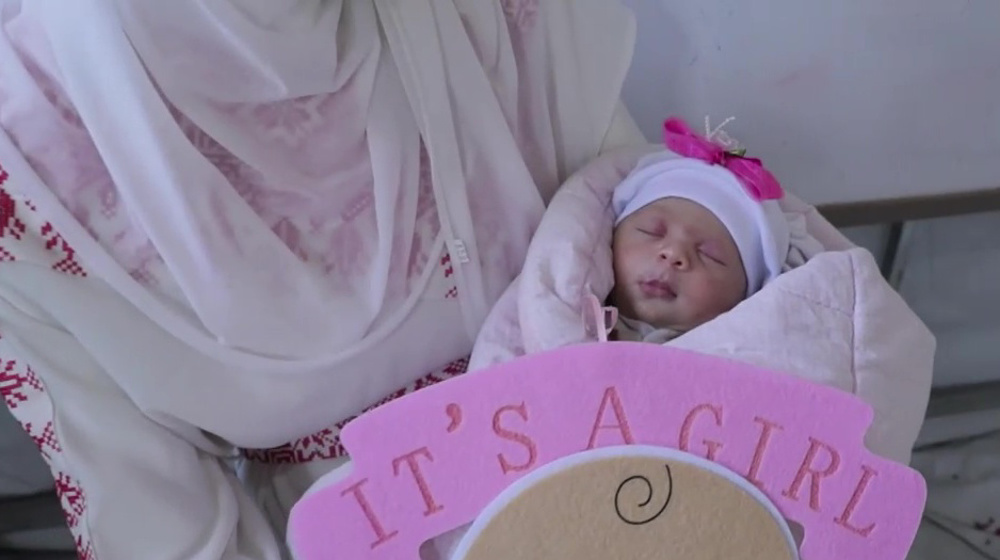According to the recently released Open Doors Report, India is the top sending country with over 331,602 Indian students enrolled in U.S. higher education programs in the year 2023-24
Published Date – 30 November 2024, 03:53 PM
Preparing to study in the United States is an exciting milestone in your academic journey. Students who are enrolled for the spring semester (beginning January) have probably already received acceptance from a university or several universities.
According to the recently released Open Doors Report, India is the top sending country with over 331,602 Indian students enrolled in U.S. higher education programs in the year 2023-24.
More and more students from India continue to choose the United States as their higher education destination and engage in holistic and diverse educational experiences.
Moving to a new country can be both exciting and overwhelming. Here are some pre-departure tips that you should consider before your journey abroad:
1. Organize Your Documents:
As an international student, you will be required to have a valid visa for the entire duration of your stay. You must familiarize yourself with the policies and rules around what is allowed on your student visa category even before your arrival in the United States.
If you are going through the student visa interview process now, check out “Visa Friday” content on the U.S. Embassy and U.S. Consulate General Hyderabad Instagram and other social media pages for important updates and information.
Before you depart for the United States, make sure you have a file with your passport, visa, I-20, and offer/acceptance letter from the university, and keep these on your person at all times during travel.
Make digital copies of your passport, visa, and Indian identity cards saved in a digital folder/cloud that can be accessed by a trusted member of your family in case of emergencies.
Additionally, along with your visa, passport and I-20, make sure you carry a copy of the DS 160 (for F1 students) / DS 2019 (for exchange or J1 students), Sevis fee receipt, financial documents, academic transcripts and health records in your carry-on luggage.
Make digital copies of these documents as well. You can access information and tips on “arrival” in the U.S. for international students through the U.S. Immigration and Customs enforcement website – https://www.ice.gov/sevis/students
2. International Student Services and Designated School Official:
The international student office and the Designated School Officials (DSO) help international students successfully transition to campus life in the United States.
They conduct several orientation sessions and offer services to help students settle in to their college communities and learn more about resources available to maximize their time on campus.
In addition, the DSO also helps students understand rules around student visas and SEVIS to ensure that students stay in status and stay committed to their primary purpose of stay in the United States.
3. Financial Planning:
Make sure to carry enough cash and a forex card for international travel. If you are using a credit card, please make sure it is activated for international transactions and familiarize yourself with exchange rates and bank charges on transactions so that you can use the card judiciously.
Carry some change and coins to access luggage carts and trolleys and small meals at the airport. Plan your budget according to the cost of living in your city and open a U.S. bank account upon arrival.
Universities usually help students with these steps and you can also check with them upon arrival on campus about the support they can provide to help you open a bank account. You should have enough money to take care of unforeseen situations and contingencies.
4. Packing Essentials:
Carry season-appropriate clothing, especially if you’re going to a city that has a colder climate. You can carry essentials for initial use and buy more in the U.S. during sales to build a wardrobe per the climate and local fashion.
Remember to carry a pair of traditional attire for cultural events on campus. It is also important to carry a universal adaptor and a powerbank. Carrying some basic cookware and spices can also be useful.
Most cities and college towns have Indian stores where cookware and a range of high quality spices are available. Therefore, do not overload on food, cookware or spices.
Be mindful of what you pack and be familiar with the baggage policy of your flight as well as U.S. customs policies to avoid having to remove items at the airport.
You could also check with the international student office on their recommendations for luggage and what is available in and around campus so that you can avoid bringing these items with you.
5. Travel and Health Insurance:
Medical care internationally can be quite expensive. Get a complete health checkup before your departure, especially dental and eye checkup before you leave.
If you wear eye-glasses, carry an additional pair or two as back-up. Purchase travel and health insurance to take care of any medical emergencies during your stay in the United States.
International students are required to have health insurance during their period of stay so please ensure you have an active health insurance plan through the university or an insurance service provider.
You should also have travel insurance to cater to health and other emergencies during international travel. Remember to also carry some basic medicines with a doctor’s prescription, and make sure your immunisations are up to date.
6. Academic Preparation:
Check the curriculum and your course syllabus. It is also important to register for university orientations to get acquainted with campus life, resources and student services, as you may find extra support to hone your communication and writing skills.
Also, check with your respective institution if you can register for courses before your arrival on campus or once you’ve reached the university.
7. Accommodation:
Arrange your accommodation before your departure. Universities may offer on campus housing or may have tie-ups with off-campus housing providers. Plan your transport from the airport to your residence. Most universities offer a pick from airport service for incoming students.
8. Connectivity:
You can purchase international roaming or a U.S. plan to stay connected with your family during your international travel. Most students purchase a local phone number during orientation week. You can reach out to the International student office for more information on this.
If you’d like to retain your India number, you could also consider low cost plans that allow for that. Speak with your mobile service provider to learn about international roaming and other plans that serve your requirements.
Preparing to study in the U.S. is just not about packing your bags but setting the foundation of a life-changing experience. By meticulously planning and following this checklist, you’ll empower yourself to transition through this journey and be prepared to face these new experiences.
This journey is not only an academic one. It will introduce you to a diverse culture and help you grow both personally and professionally. Reach out to EducationUSA to request a free digital copy of the Pre-Departure Handbook and know more about preparing to study in the United Ststes.
For more information, check out our “Prepathon series”on the EducationUSA India YouTube channel – https://bit.ly/EdUSA_predeparture Take a look at a variety of sessions ranging from planning and packing to preparing for College and Career.























